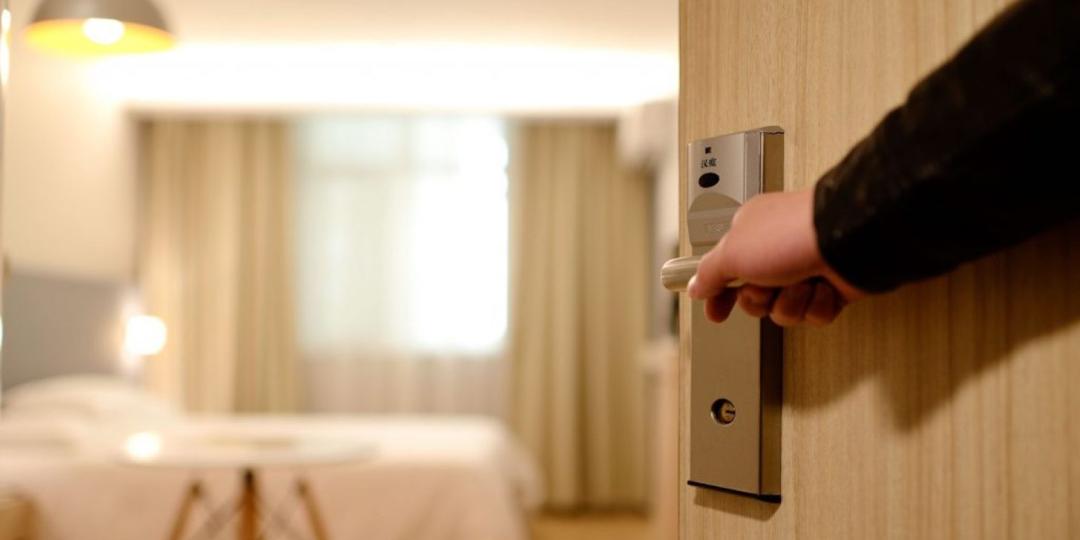Tourism industry experts exchanged ideas about the importance of using every means at their disposal, including technological solutions, alongside health and safety protocols in their business operations, during a webinar hosted by Tourism Kwa-Zulu Natal this week.
Barry Clemens, CEO of Hospitality EQ, discussed how technology played a role in a guest’s journey, from the very start, the searching stage. “You need to ensure that the people who are looking to stay at your property are comfortable that you have taken the necessary steps to comply with protocols. You need to make sure you update the imagery on our website. Your SEO (search engine optimisation) needs to change, because people will be looking for accommodation differently. They will search for ‘COVID-safe travel’ or ‘COVID-safe hotel’, so you need to ensure search engines are picking you up.” Clemens said virtual reality would become popular, with hotels giving remote walkthroughs with guests, thereby creating an emotional connection.
He said pre-stay communication was important. Collecting relevant forms from guests beforehand and letting guests check in online prior to arrive were two important areas. Also, discussing beforehand with guests where they would like to have breakfast and at what time, would enable the property to ensure the spacing out of service times.
Clemens said other ways to minimise face-to-face interactions while increasing service levels were sending guests a video as they arrived, walking them through their room and explaining the hotel’s amenities. He urged establishments to consider QR menus (a barcode that can be scanned by a smartphone to translate into an online menu), and to promote in-room dining.
If establishments have conference facilities, they should ensure they are able to host online events. “I believe we are going to see a lot of hybrid events, where you have a couple of people in a room… and it’s going to be broadcast (live) elsewhere,” he said.
Graeme Watson, KZN Chair of SATSA, listed the main points of standard protocols agreed to and circulated by most tourism industry stakeholders:
*social distancing to be adhered to at all times;
*masks to be worn;
*constant sanitisation;
*temperature monitoring of guests and staff; and
*relevant staff training.
“The main problem will be the cost to implement these regulations, especially for small businesses,” Watson said. “What needs to be remembered is that tourists are going to want to know where they are staying and what the protocols of that establishment or company are, for them to feel secure.
“We are one of 150-200 countries around the world that are fighting to get tourism back; that is what we need to understand.”
Watson listed other measures, such as sanitisation of luggage (because it passes through several hands); cash handling being minimised by using QR codes, Snapscans, Zapper, EFTs, credit cards etc.; ensuring lift capacities are at 30% and reducing capacity in vehicles.
John Aritho, GM of Beverly Hills Hotel in Umhlanga, said the role of operators was to take the legislation, and ensure it was palatable for the consumer. “The consumer is coming for comfort, hospitality and attention. They have been locked up in their homes, and hotels and places of leisure are places of refuge.” But he emphasised that businesses should not take short cuts with health and safety protocols. “The big worry with hospitality at the moment is that with one case (of COVID) you’ll be closed.”
Aritho listed some useful measures to keep the property COVID-free, such as keeping room set-ups as basic as possible to minimise touch points, keeping restaurant table set-ups basic (no flowers, salt and pepper etc), giving each room 24-48 hours after check-out before a new occupancy, and reducing the changing of linen during a guest’s stay.
Watch the full webinar here:























